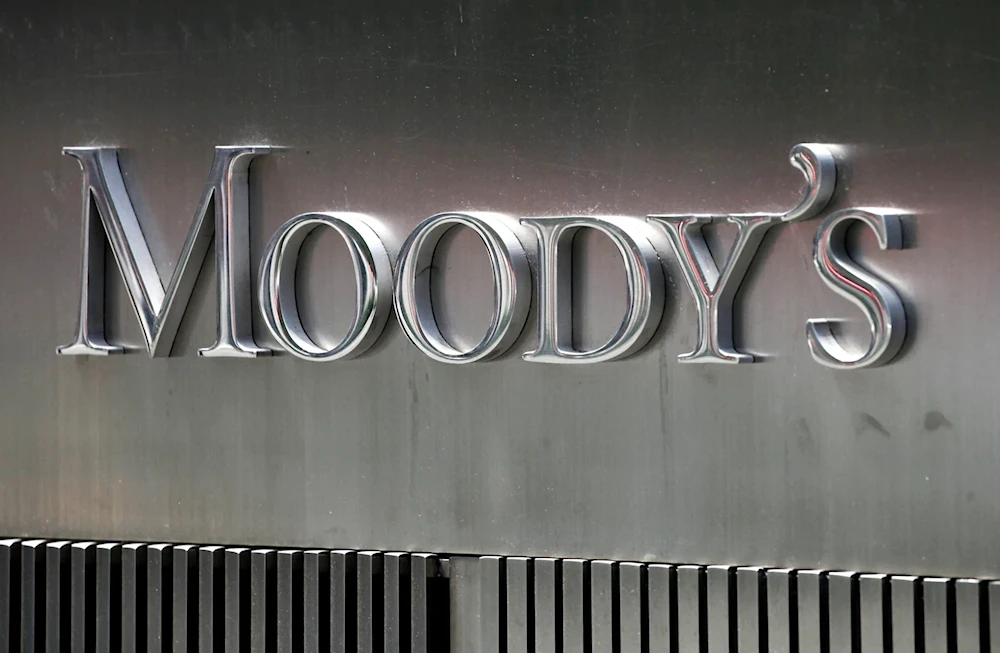Moody's downgrades France amid concerns over worsening finances
The downgrade has lowered France's rating to "Aa3" from "Aa2" with a stable outlook, aligning it with ratings from rival agencies Standard & Poor's and Fitch.
-

A sign for credit agency Moody's, on August 13, 2010, in New York. (AP)
Credit ratings agency Moody's issued an unexpected downgrade of France's credit rating on Friday, intensifying pressure on the country's new prime minister to unite divided lawmakers in support of measures to address strained public finances.
The downgrade, delivered outside Moody's usual review schedule for France, lowered the rating to "Aa3" from "Aa2" with a stable outlook, aligning it with ratings from rival agencies Standard & Poor's and Fitch.
The announcement came just hours after President Emmanuel Macron appointed veteran centrist politician and longtime ally Francois Bayrou as his fourth prime minister this year.
Bayrou's predecessor, Michel Barnier, was ousted earlier this month after failing to secure approval for the 2025 budget. His proposed €60 billion austerity plan, aimed at curbing France's growing fiscal deficit, faced strong opposition from both left-wing and far-right lawmakers.
The big picture
The political crisis compelled the outgoing government to introduce emergency legislation this week to temporarily extend 2024 spending limits and tax thresholds into the next year, providing a stopgap until a long-term 2025 budget can be approved.
Moody's commented on the situation, stating, "Looking ahead, there is now very low probability that the next government will sustainably reduce the size of fiscal deficits beyond next year."
The agency further warned, "As a result, we forecast that France's public finances will be materially weaker over the next three years compared to our October 2024 baseline scenario."
Barnier had planned to reduce the budget deficit from 6.1% of GDP this year to 5% next year through a €60 billion package of spending cuts and tax increases. However, his austerity measures faced strong resistance from left-wing and far-right lawmakers, who ultimately brought down his government by passing a no-confidence vote.
After assuming office on Friday, Bayrou, a longstanding critic of France’s fragile public finances, acknowledged the daunting task ahead, describing the effort to rein in the deficit as a "Himalaya" of a challenge.
Outgoing Finance Minister Antoine Armand acknowledged Moody's decision, emphasizing that the appointment of Bayrou signaled a commitment to addressing the deficit.
It is worth noting that the political turmoil has also taken a toll on French markets, with stocks and government debt coming under pressure. At one point, the risk premium on French government bonds reached its highest level in over 12 years.
Read next: What can happen next in France following the no-confidence vote?

 3 Min Read
3 Min Read








